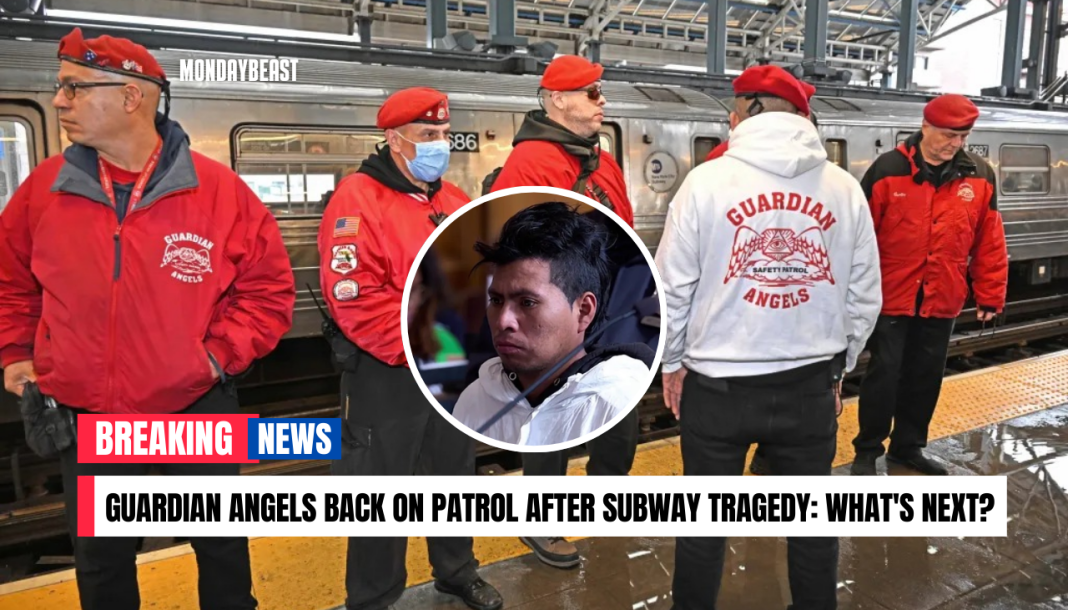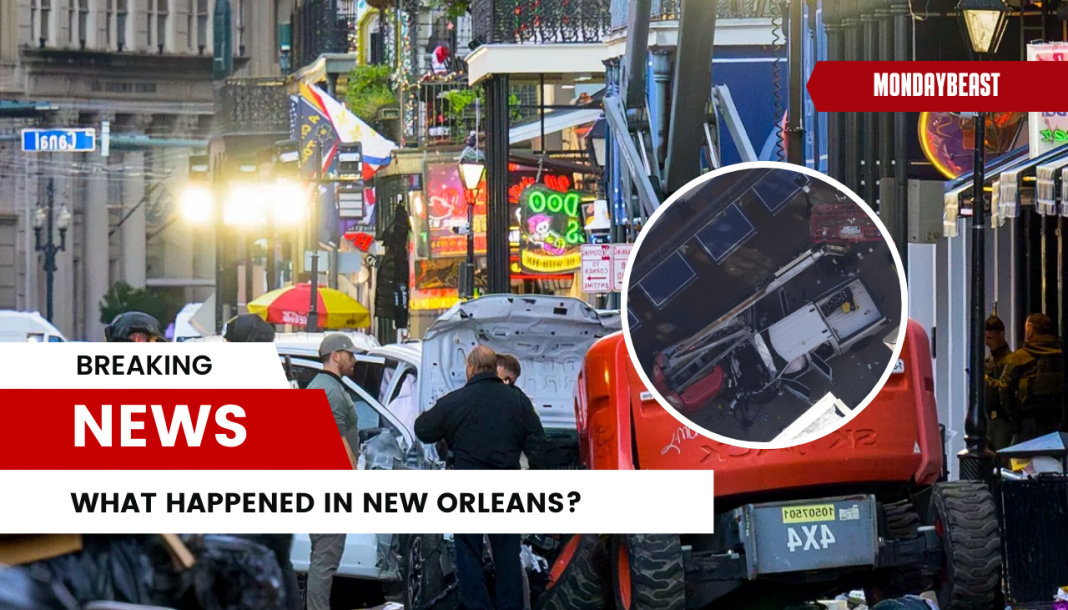The streets of New York City pulse with life, yet it is a dangerous kind of rhythm. For many, the subway has become both a lifeline and a perilous journey. Just last week, tragedy struck, shaking the city to its core.
A woman was allegedly set on fire by an illegal immigrant in a subway car. The brutal act not only took a life but also ignited a renewed sense of urgency about safety in the transit system. What does it take for a city to reclaim a sense of security?
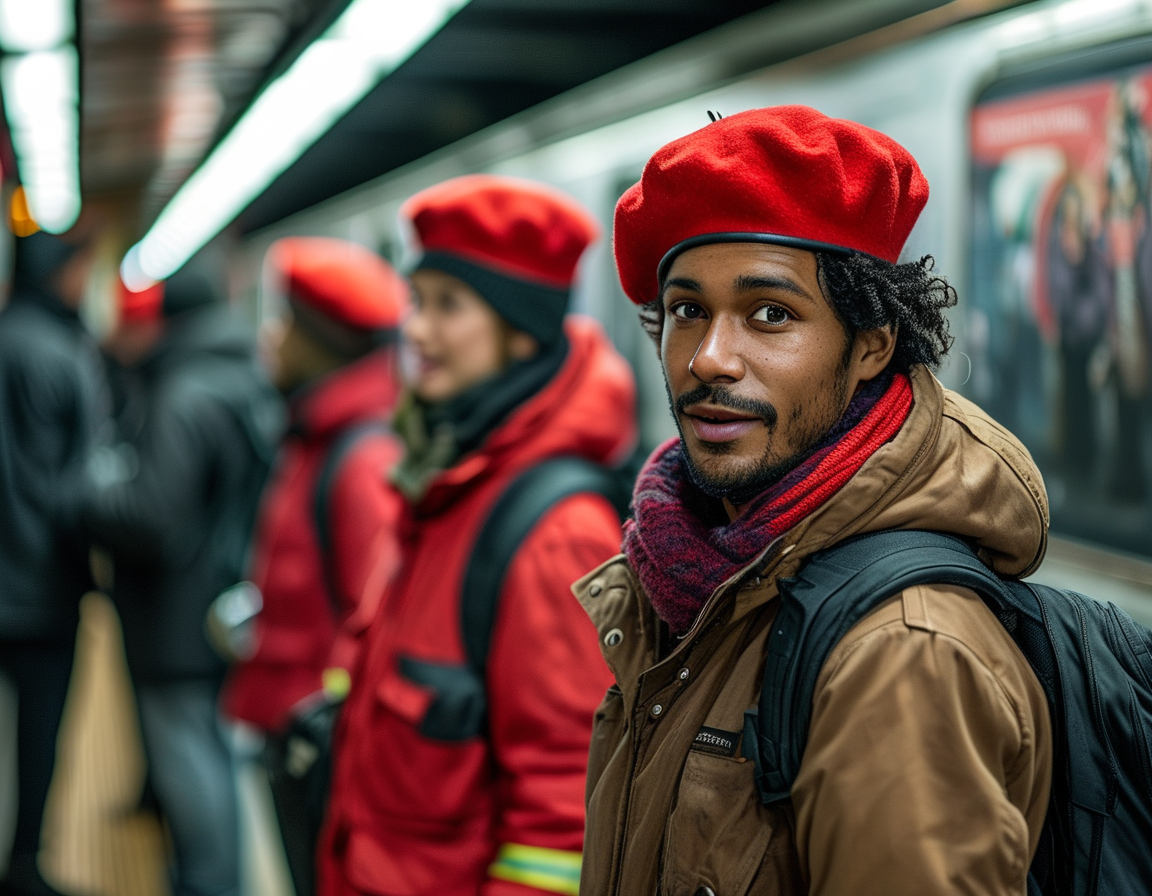
Enter the Guardian Angels, a volunteer crime-prevention group that is returning to patrol New York’s subway system after a long hiatus. Their founder, Curtis Sliwa, expressed deep concern, reflecting on the dark days of the 70s when he first started this initiative. “I’ve never seen it this bad,” he said, recalling a time when crime was rampant.
Sliwa’s admission resonates deeply with many New Yorkers. They seem to wonder: Are we slipping back into those times? It’s a question that haunts the city, as the images of the burning incident linger in the minds of its residents.
The Guardian Angels will have boots on the ground once again. Sliwa announced plans for 150 members to patrol the Coney Island-Stillwell Avenue station, where the murder occurred. They will offer wellness checks and water to the homeless community.
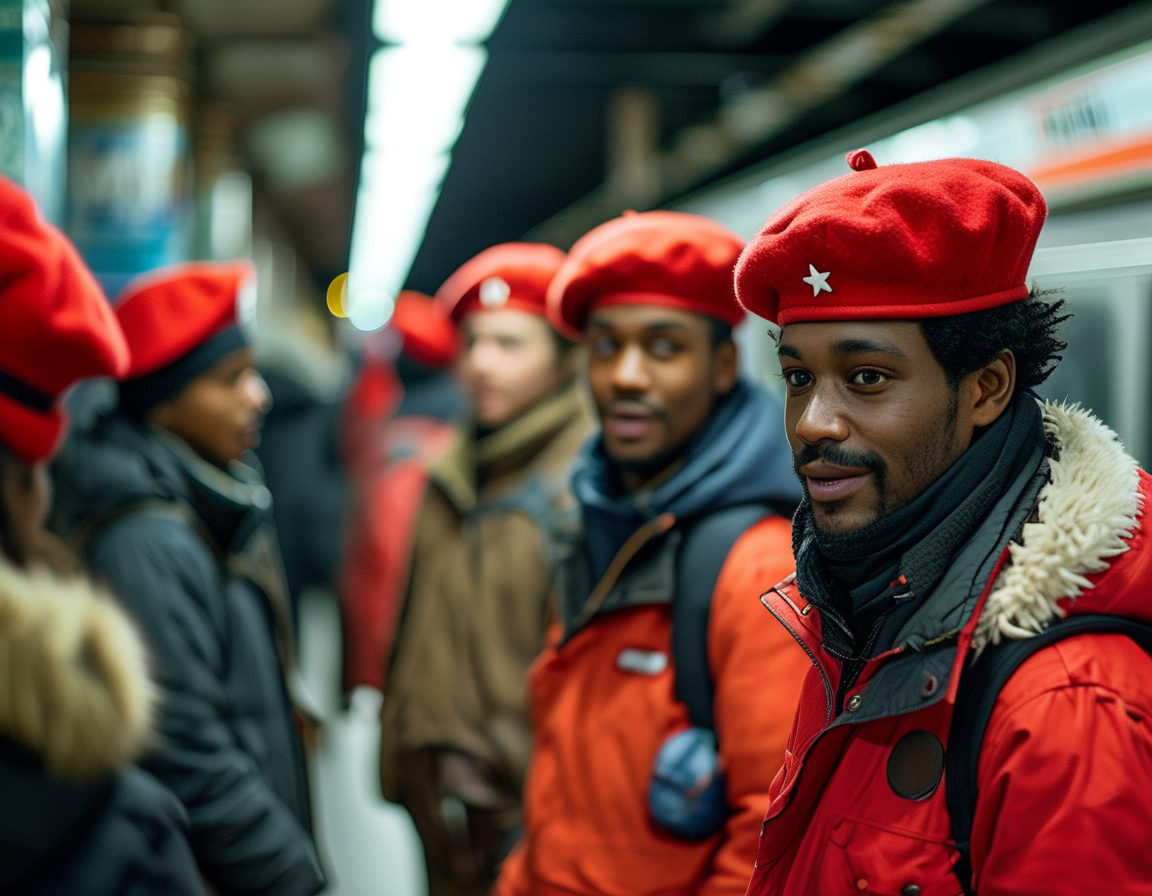
Furthermore, they will act as eyes and ears for the NYPD. This simple act of vigilance reflects an ethos that’s deeply embedded in the city’s fabric: “You see something, you say something.” But can citizen involvement really make a difference?
The initiative also arrives in the wake of significant police and National Guard deployments. Governor Kathy Hochul revealed that 750 National Guard members now patrol the subway system. Safety, it seems, is a collective endeavor.
“People crave the presence of uniforms,” Hochul noted. “When they see someone in uniform, they feel secure.” But how long can safety be sustained through increased surveillance?
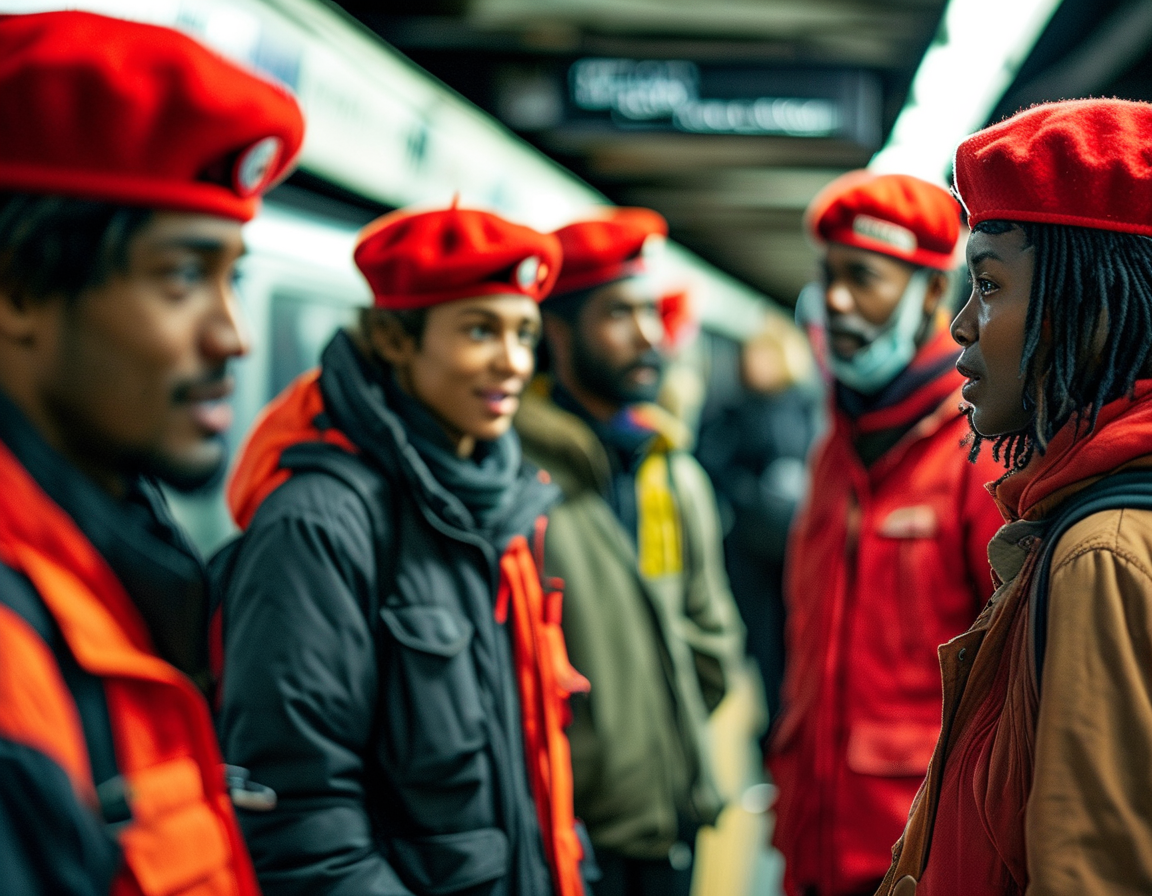
Amid this backdrop, the Guardian Angels hope to inspire action among ordinary New Yorkers. There’s an urgency to get involved, to confront crime not as bystanders but as active participants in community preservation. Curtis Sliwa candidly pointed out that “nobody intervened” during the tragic incident last week.
Is it possible that fear holds people back from stepping up? Perhaps it’s time for a cultural shift—a move away from apathy to empowered action.
As the Guardian Angels resume their patrols, we consider the implications. Will their efforts bring about meaningful change? Will they encourage citizens to break the cycle of inaction? Sometimes change begins with a simple act—a conversation, a gesture, a moment of courage.
In these challenging times, the rebirth of organizations like the Guardian Angels raises hope. They remind us that community care often starts with the willingness of individuals. One question echoes through the underground tunnels of NYC: Are we ready to take back our city?

